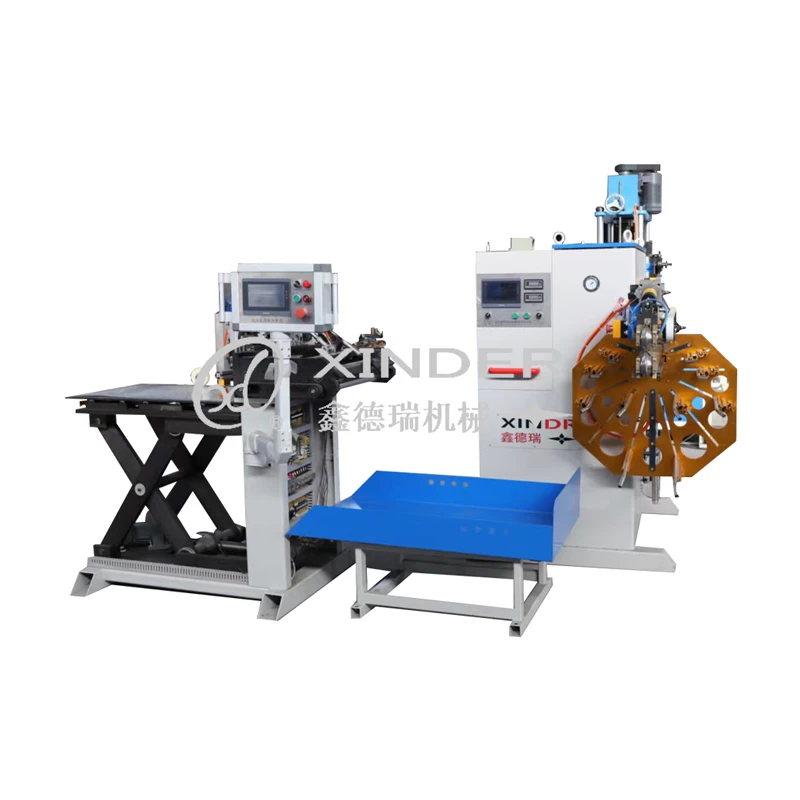-
 8613931787312
8613931787312 -
 Botou Industrial Zone on the east side of National Highway 104, Botou City, Hebei Province
Botou Industrial Zone on the east side of National Highway 104, Botou City, Hebei Province
- Afrikaans
- Albanian
- Amharic
- Arabic
- Armenian
- Azerbaijani
- Basque
- Belarusian
- Bengali
- Bosnian
- Bulgarian
- Catalan
- Cebuano
- Corsican
- Croatian
- Czech
- Danish
- Dutch
- English
- Esperanto
- Estonian
- Finnish
- French
- Frisian
- Galician
- Georgian
- German
- Greek
- Gujarati
- haitian_creole
- hausa
- hawaiian
- Hebrew
- Hindi
- Miao
- Hungarian
- Icelandic
- igbo
- Indonesian
- irish
- Italian
- Japanese
- Javanese
- Kannada
- kazakh
- Khmer
- Rwandese
- Korean
- Kurdish
- Kyrgyz
- Lao
- Latin
- Latvian
- Lithuanian
- Luxembourgish
- Macedonian
- Malgashi
- Malay
- Malayalam
- Maltese
- Maori
- Marathi
- Mongolian
- Myanmar
- Nepali
- Norwegian
- Norwegian
- Occitan
- Pashto
- Persian
- Polish
- Portuguese
- Punjabi
- Romanian
- Russian
- Samoan
- scottish-gaelic
- Serbian
- Sesotho
- Shona
- Sindhi
- Sinhala
- Slovak
- Slovenian
- Somali
- Spanish
- Sundanese
- Swahili
- Swedish
- Tagalog
- Tajik
- Tamil
- Tatar
- Telugu
- Thai
- Turkish
- Turkmen
- Ukrainian
- Urdu
- Uighur
- Uzbek
- Vietnamese
- Welsh
- Bantu
- Yiddish
- Yoruba
- Zulu
Фев . 16, 2025 16:33
Back to list
water pipe welding machine
Understanding the intricacies of pricing for a plastic pipe welding machine is pivotal for businesses and tradespeople seeking to make informed purchasing decisions. Such equipment serves as a cornerstone in industries ranging from plumbing to large-scale manufacturing. While initial costs are certainly a consideration, the true evaluation requires a deep dive into value-for-money, efficiency, and technological advancements that justify the investment.
Beyond the machinery type, several factors contribute to the price variation of plastic pipe welding machines, necessitating careful consideration. Brand reputation and origin (i.e., local versus imported machines) can significantly skew pricing. Proven brands may present higher upfront costs but often guarantee superior durability and after-sales support—a critical factor for long-term cost efficiency. Technological advancements and included features, such as automatic control systems, compatibility with varying materials, and digital interfaces, may justify higher price points through enhanced operational efficiency and ease of use. Machines equipped with advanced features can reduce training time, minimize operator error, and improve overall project performance, thus offering a compelling value proposition. Maintenance and servicing costs are another pivotal aspect often overshadowed by the purchase price. Machines designed with easy access to parts and comprehensive manufacturer warranties can substantially lower lifetime operational expenses. Ensuring that prospective machines have robust service networks and spare parts availability avoids disruptive downtime and aligns with overall cost-effectiveness initiatives. Critically, the total cost of ownership (TCO) calculation should include energy consumption, particularly for high-volume operations reliant on electrically powered equipment. Energy-efficient models, while potentially more expensive initially, result in significant savings, consistent with sustainable business practices—an increasingly critical consideration for modern businesses seeking to minimize their carbon footprint. Ultimately, investing in a plastic pipe welding machine requires a confluence of expertise and strategic planning. By employing a holistic approach encompassing machine type, brand reliability, feature set, and operational efficiency, businesses can substantially mitigate risks, optimize procurement budgets, and secure a competitive edge in their respective markets. Investing time in stakeholder consultations with industry experts and leveraging comprehensive cost-benefit analyses will ensure decisions lead to both short- and long-term success.


Beyond the machinery type, several factors contribute to the price variation of plastic pipe welding machines, necessitating careful consideration. Brand reputation and origin (i.e., local versus imported machines) can significantly skew pricing. Proven brands may present higher upfront costs but often guarantee superior durability and after-sales support—a critical factor for long-term cost efficiency. Technological advancements and included features, such as automatic control systems, compatibility with varying materials, and digital interfaces, may justify higher price points through enhanced operational efficiency and ease of use. Machines equipped with advanced features can reduce training time, minimize operator error, and improve overall project performance, thus offering a compelling value proposition. Maintenance and servicing costs are another pivotal aspect often overshadowed by the purchase price. Machines designed with easy access to parts and comprehensive manufacturer warranties can substantially lower lifetime operational expenses. Ensuring that prospective machines have robust service networks and spare parts availability avoids disruptive downtime and aligns with overall cost-effectiveness initiatives. Critically, the total cost of ownership (TCO) calculation should include energy consumption, particularly for high-volume operations reliant on electrically powered equipment. Energy-efficient models, while potentially more expensive initially, result in significant savings, consistent with sustainable business practices—an increasingly critical consideration for modern businesses seeking to minimize their carbon footprint. Ultimately, investing in a plastic pipe welding machine requires a confluence of expertise and strategic planning. By employing a holistic approach encompassing machine type, brand reliability, feature set, and operational efficiency, businesses can substantially mitigate risks, optimize procurement budgets, and secure a competitive edge in their respective markets. Investing time in stakeholder consultations with industry experts and leveraging comprehensive cost-benefit analyses will ensure decisions lead to both short- and long-term success.
Latest News
-
The Rise of Laser Welding: Precision Meets Power in Modern MetalworkNewsAug.06,2025
-
Streamlining Industrial Packaging: The Power of Barrel Production LinesNewsAug.06,2025
-
Revolutionizing Metal Joining: The Power of Automatic Seam Welding MachinesNewsAug.06,2025
-
Powering Industrial Innovation: The Role of Pipe and Tube Machinery in Modern ManufacturingNewsAug.06,2025
-
Exploring the World of Resistance Welding: Equipment, Manufacturers, and Pricing InsightsNewsAug.06,2025
-
Advancing Container Manufacturing: The Role of the Modern Can Welding MachineNewsAug.06,2025
-
Understanding Automatic Seam Welding Machines: A Game Changer in Welding TechnologyNewsJul.18,2025
related products
-
 Pneumatic Handle Welding MachineSep . 13, 2024
Pneumatic Handle Welding MachineSep . 13, 2024 -
 Fully Automatic Kaiping Production LineOct . 17, 2024
Fully Automatic Kaiping Production LineOct . 17, 2024 -
 Fully Automatic Metal Bucket Lifting HeadphonesSep . 14, 2024
Fully Automatic Metal Bucket Lifting HeadphonesSep . 14, 2024

